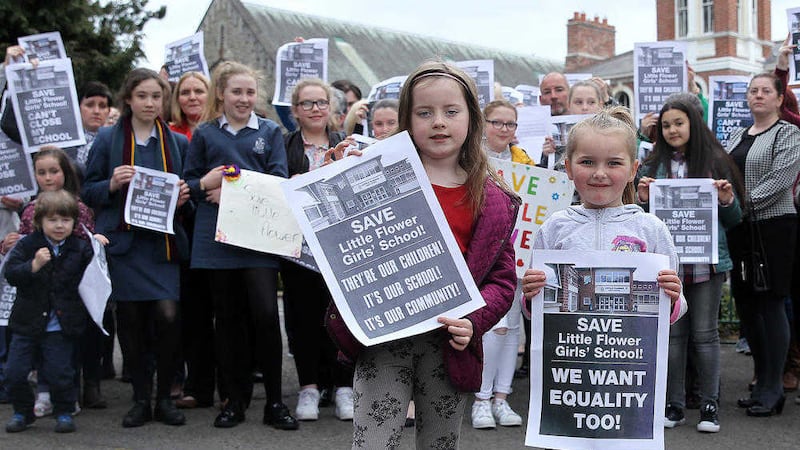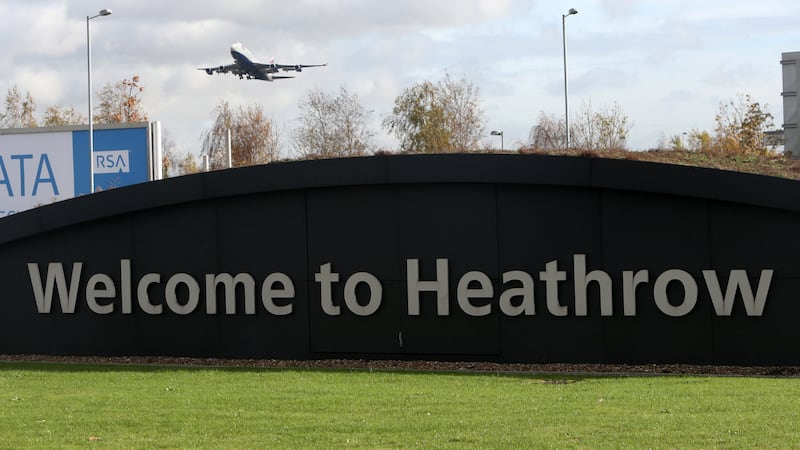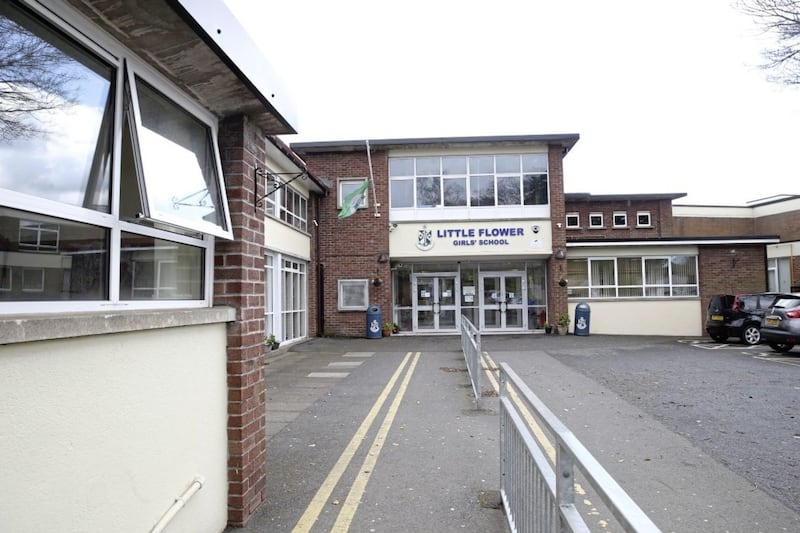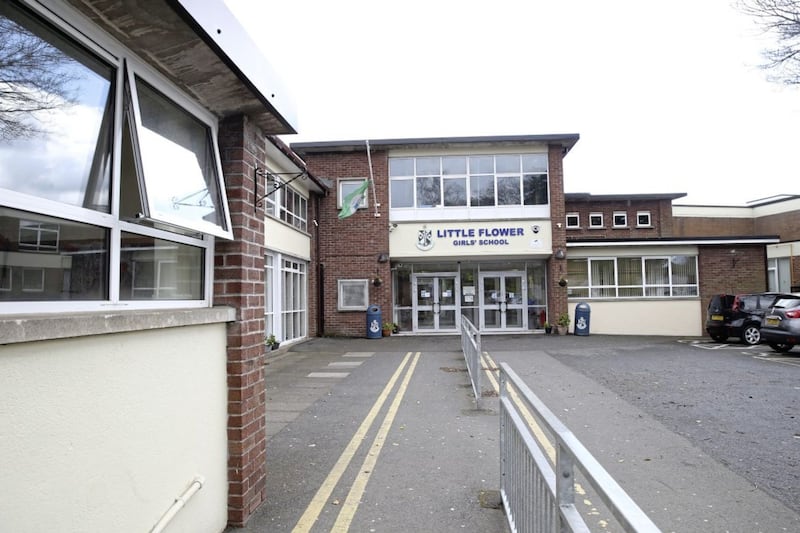PARENTS fighting the closure of an all-girls school are to step-up their protest against the plan.
Supporters of Little Flower in north Belfast said they were disappointed after meeting senior Churchmen in an attempt to save their school.
Little Flower is to be discontinued, along with St Patrick's College, Bearnageeha, with the two making way for a new co-ed school in 2017.
It is expected that the school will remain split across the two existing sites until a location for a new building can be found.
Teachers and parents are concerned about numerous aspects of the plan, which mean children can only receive a single sex education in the Catholic sector if they go to a grammar school.
A short protest took place this month on Somerton Road and stretched from the school to nearby Lisbreen House, the residence of the Bishop of Down and Connor Noel Treanor.
A letter to Bishop Treanor was read aloud. In it, parents said the decision to close was influenced by outdated information and there had not been proper and adequate consultation to include prospective parents.
Parents plan follow-up protests, the first of which will take place next Tuesday at the school.
Meanwhile, a report sent to former education minister John O'Dowd by his advisers recommended that he support the plan.
Both St Patrick's and Little Flower, advice read, were long established schools.
"Some in that community have raised concerns about these proposals, particularly in relation to the potential closure of Little Flower Girls' School. However, you have made it clear that the focus of area planning relates to the needs of the children, rather than the institutions.
"DE's Sustainable Schools Policy clearly highlights the benefits of school amalgamations which include te fact that they help small schools address future sustainability, educational and financial issues and provide a better curricular offer to pupils and spread of teacher expertise as well as greater opportunities for teachers to interact with colleagues and pupils with their peers."








